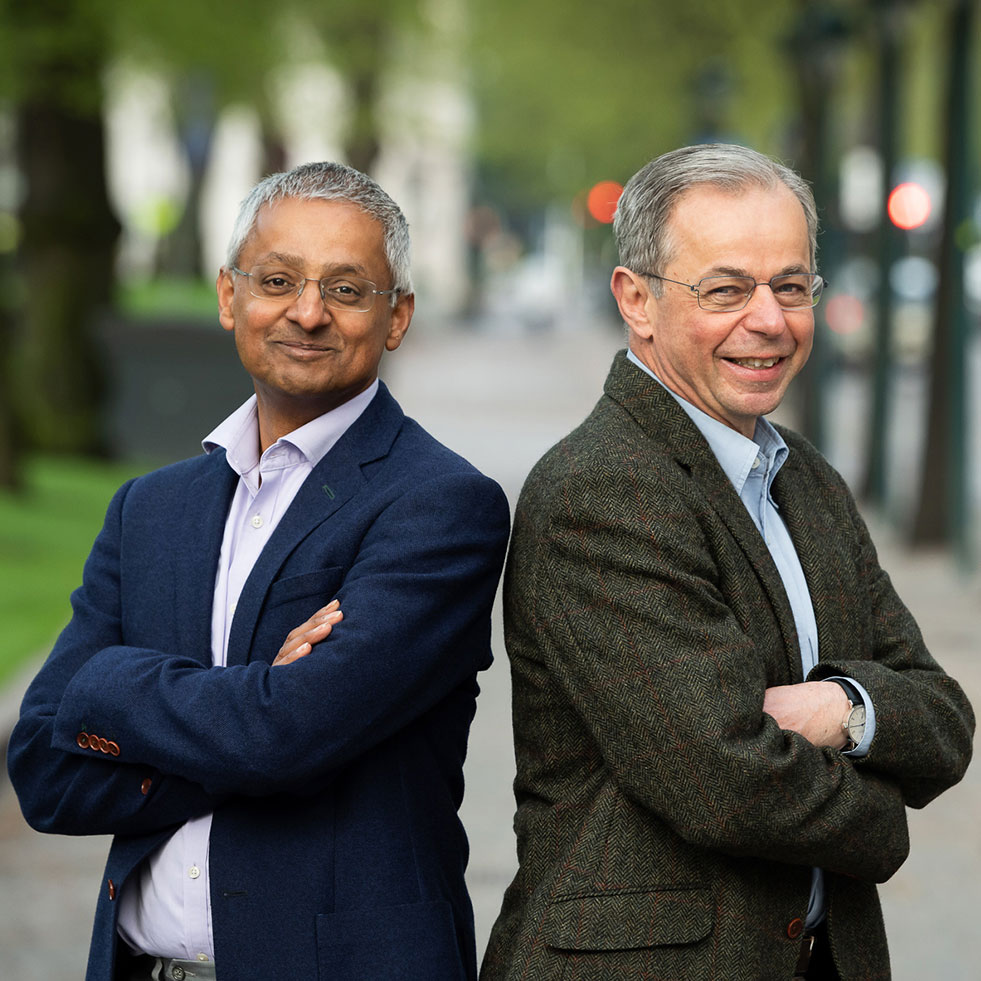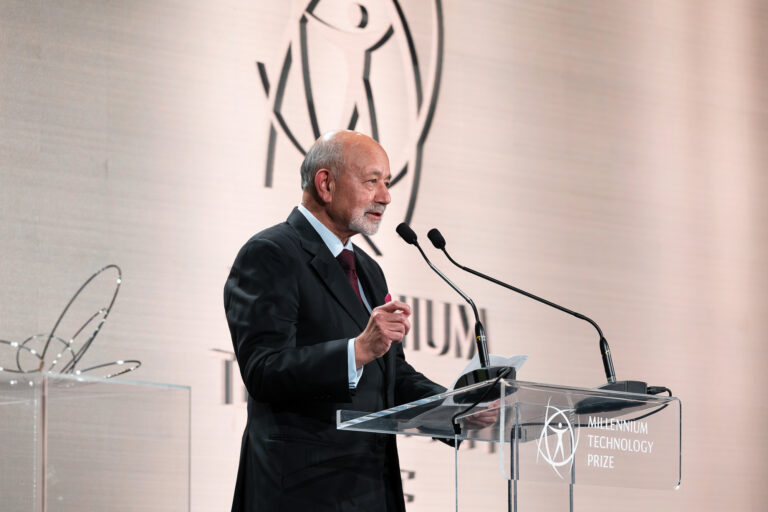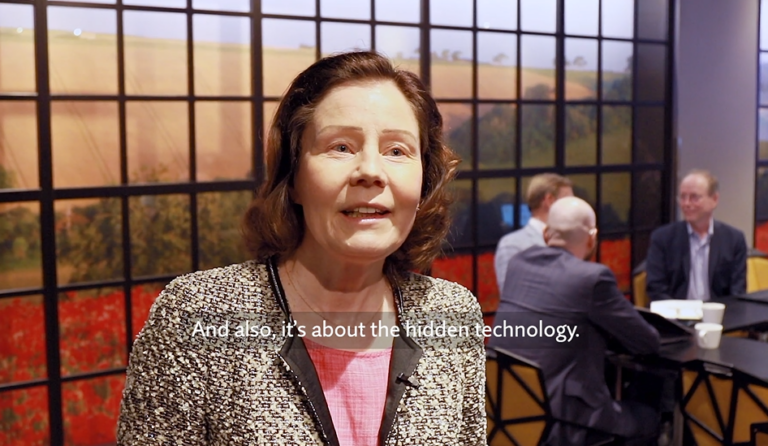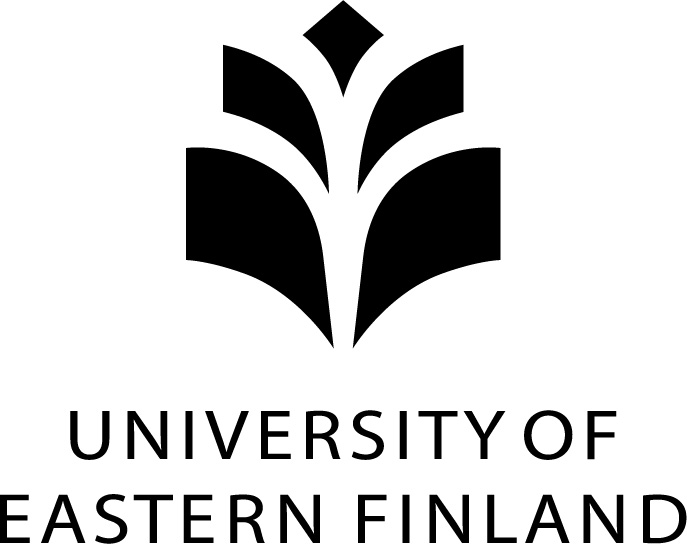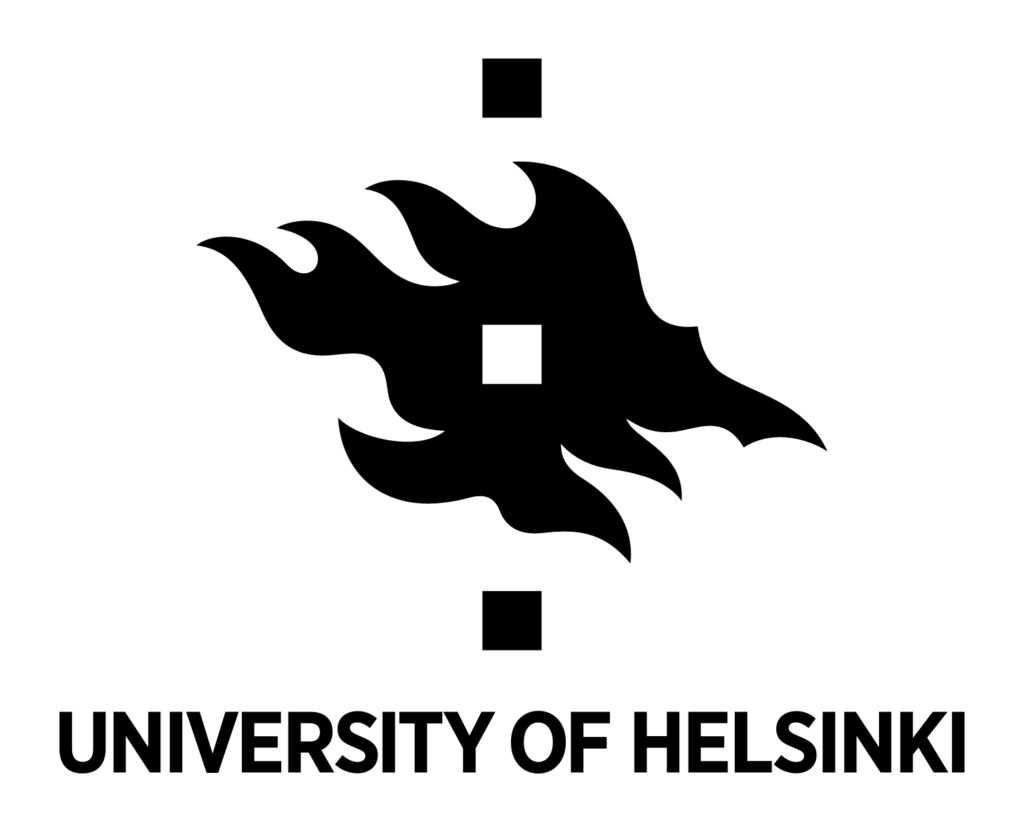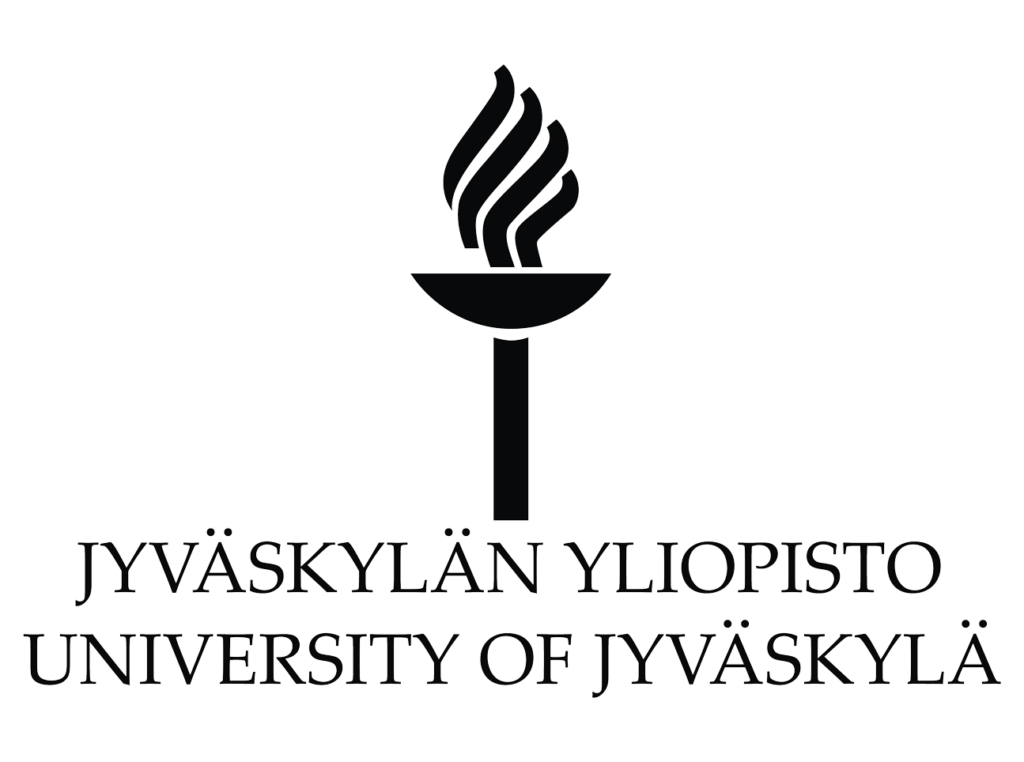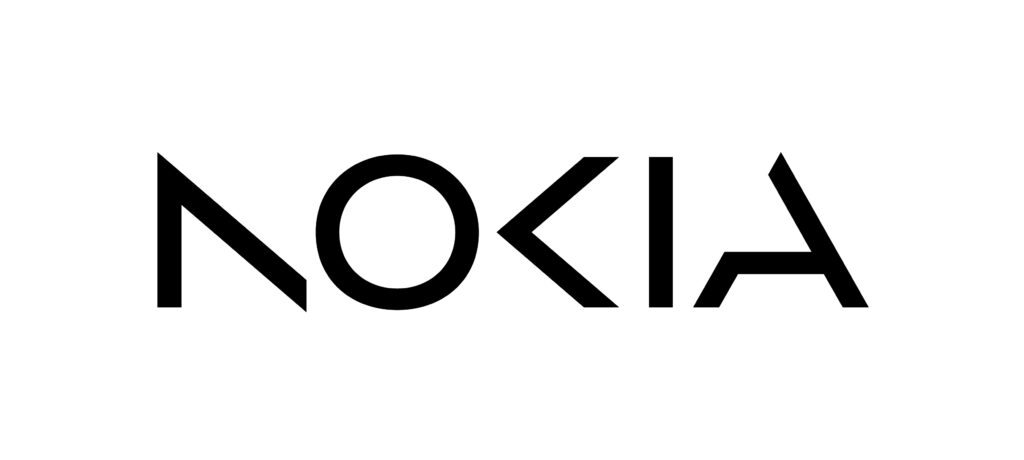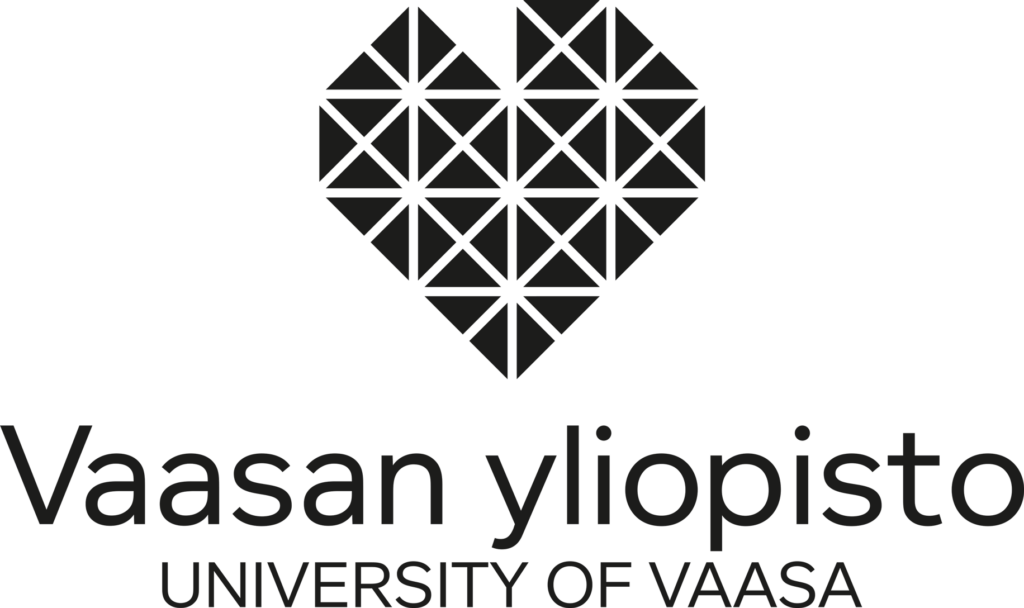Professors Shankar Balasubramanian and David Klenerman received the 2020 Millennium Technology Prize for their innovation of Next Generation DNA Sequencing (NGS), technology that enables fast, accurate, low-cost and large-scale genome sequencing – the process of determining the complete DNA sequence of an organism’s make-up. The innovation has enhanced our basic understanding of life and it has converted biosciences into “big science”.
The technology has had – and continues to have – a huge transformative impact in the fields of genomics, medicine and biology. One measure of the scale of change is that it has allowed a million-fold improvement in speed and cost when compared to the first sequencing of the human genome. In 2000, sequencing of one human genome took over 10 years and cost more than a billion dollars. Today, the human genome can be sequenced in one day at a cost of $1,000, and more than a million human genomes are sequenced at scale each year. This means we can understand diseases much better and much more quickly.
Human genome sequencing with fast and low-cost
NGS method
Applications in medicine, agriculture and ecology
NGS technology has revolutionised global biological and biomedical research and has enabled the development of a broad range of related technologies, applications and innovations. Due to its efficiency, NGS is now being widely adopted in healthcare and diagnostics, such as cancer, rare diseases, infectious medicine, and sequencing-based non-invasive prenatal testing.
It is increasingly used to define the genetic risk genes for patients with a rare disease and is now used to define new drug targets for novel therapies for common disease in defined patient groups. NGS has also contributed to the creation of new and powerful biological therapies like antibodies and gene therapies. In the field of cancer, NGS is becoming the standard analytical method for defining personalised therapeutic treatment.
In addition to medical applications, NGS has also had a major impact on all of biology as it allows the clear identification of thousands of organisms in almost any kind of sample. This is now critically important for Agriculture, Ecology and Biodiversity studies.
Key technology in studying and identifying new coronavirus strains
Next generation sequencing provides an effective way to study and identify new coronavirus strains and other pathogens. The technology is being used to track and explore the novel coronavirus viral mutations. This work has helped the creation of multiple vaccines now being administered worldwide and is critical to the creation of new vaccines against new dangerous viral strains. The results will also be used to prevent future pandemics. In addition, the technology is allowing scientists and researchers to identify the underlying factors in individuals that contribute to their immune response to COVID-19.
Read more about Millennium Technology Prize winners
Read how 2020 Millennium Technology Prize winners innovation has been used in Covid-19 pandemic.

